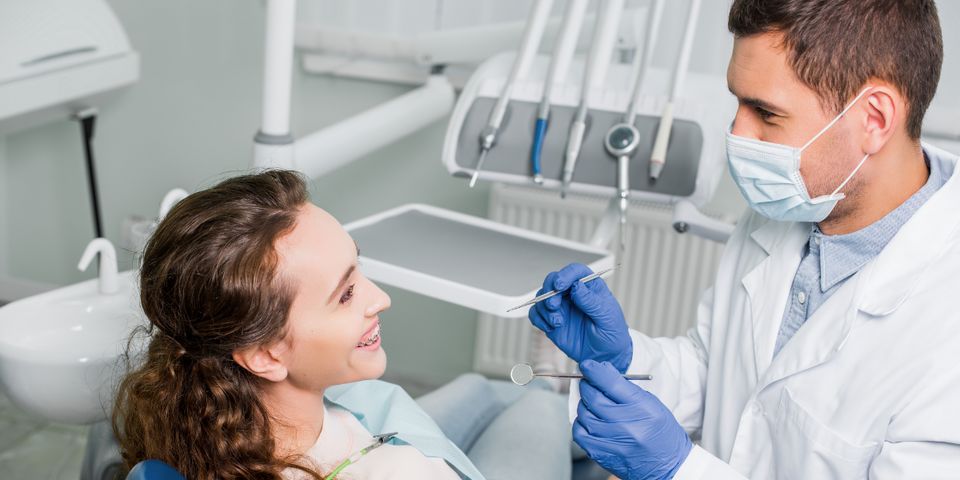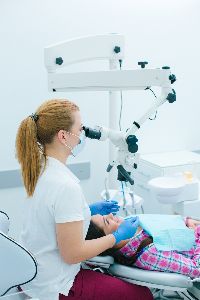
When a tooth has an infection that has reached the pulp—the soft material at the core of the tooth's root—your dentist will recommend a root canal. This procedure completely removes the infection to save the tooth and eliminate pain. However, if you currently have braces, you may be wondering how the orthodontia will impact the operation. The following guide outlines what you need to know.
A Guide to Getting a Root Canal With Braces
How Is the Procedure Performed?
Your dentist begins by applying a local anesthetic that numbs the affected area so you won't feel any pain. They drill a small hole in the top of the tooth to access the pulp inside. This material consists of nerves, connective tissue, and blood vessels. It sits inside the main part of the tooth and extends down into the root. Pulp is essential during the growth phase of teeth but is unnecessary once adult teeth are established.
Dentists use specialized tools to pull out infected tissue. They will clean out and disinfect the inside of the tooth cavity and fill the hole with an artificial pulp replacement before sealing the gap.
How Do Braces Affect the Procedure?

Braces are connected to the front or back of the teeth. Since the hole for a root canal is drilled in the top of the tooth, orthodontia will not affect the work being done in the mouth. If you have oral equipment that will get in the way of the procedure, the dentist can remove it in the area they need to reach and replace it once the operation is complete. It is entirely safe to have a root canal done while you have braces or before you have them put on.
What Are Some Aftercare Tips?
Your tooth and the surrounding area will be a little tender and swollen after the procedure. Proper aftercare will keep the mouth clean and minimize discomfort as you recover. Your dentist will not tighten your braces for a while, and you should avoid putting any other forms of pressure on the tooth for about a week following the procedure.
Chew on the opposite side of the mouth, and choose soft foods that don't require a lot of jaw movement. Avoid very hot or very cold foods and drinks since extreme temperatures can cause pain in the sensitive tooth. Take care when brushing your teeth, and go over the affected area gently; kill remaining bacteria with an antiseptic mouthwash.
If you have a tooth that has been causing you pain, schedule a visit with Craig A. Spletzer, DDS, for a root canal procedure. This family dentist is located in Fairfield, OH, and has been providing a high standard of care to patients throughout the area since 1990. This practice can provide the dental work you need without disturbing your orthodontia. Learn more about this office online, and call (513) 860-1133 to set up an appointment.
About the Business
Have a question? Ask the experts!
Send your question

